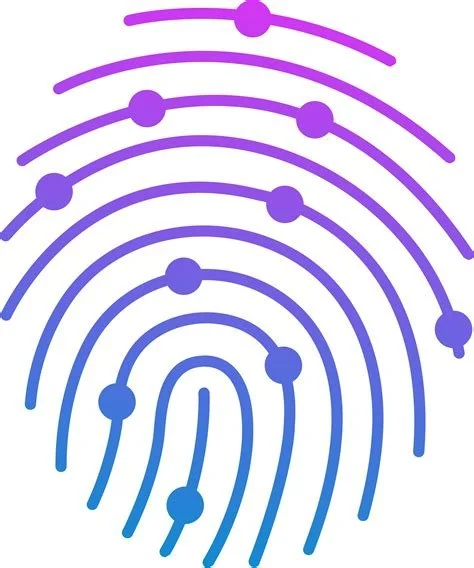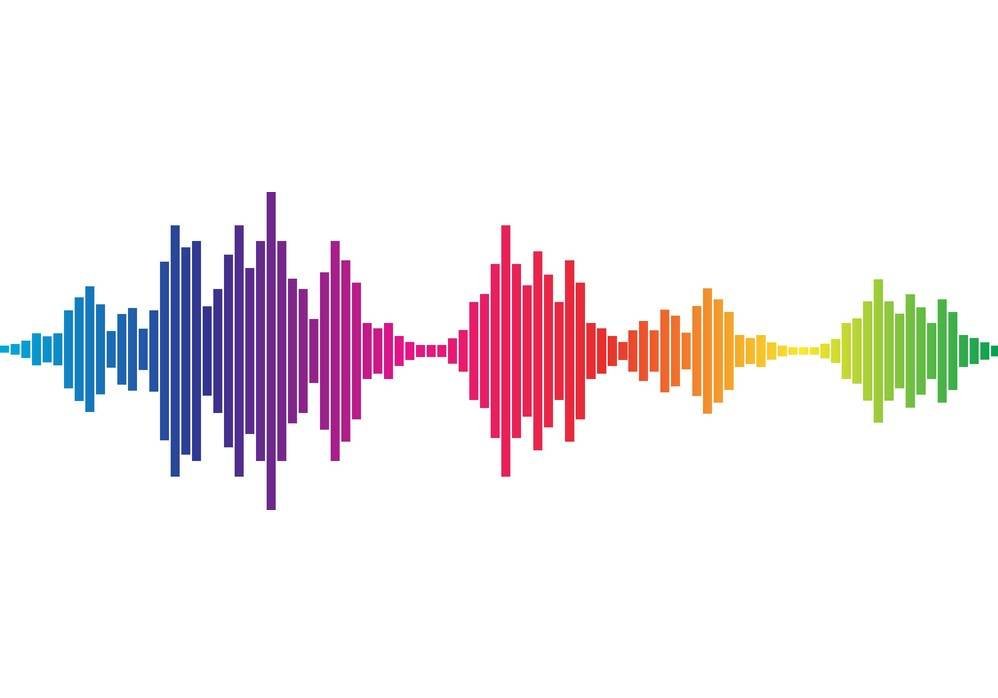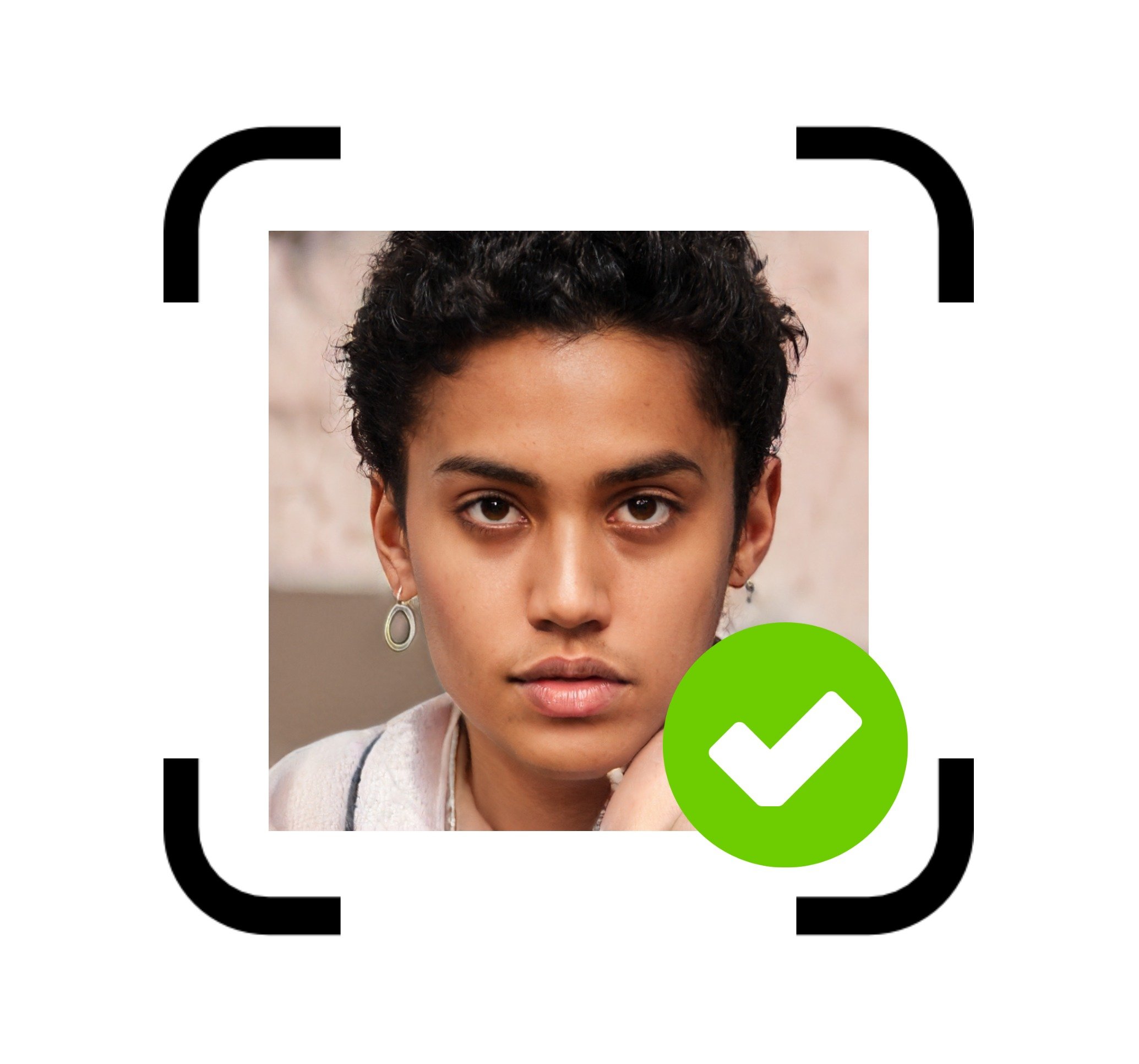AI Fundamentals
AI in 5 Minutes
Get ready for the future in just 5 minutes.
What does AI mean?
The term “Artificial Intelligence (AI)” has a lot of different meanings depending on who’s talking.
Yeah, AI can mean “smart creepy robots” sometimes. But technology isn’t quite there yet. It turns out “AI” might mean a lot more than you think.
When computer scientists and politicians talk about "AI", they usually mean the technologies we use every day like FacelD, TikTok's algorithm, and Google search. And sometimes they mean killer robots, unfortunately.
Computers have a lot of clout in your everyday life: they decide what posts to show you, whether you've been out of school too much, and predict whether you might commit a crime.
But what's special about Al compared with other computer programs? Al allows computers to learn from past experience.
AI Learns from Experience
Think about how a person becomes a great musician or gets a top rank in a video game. Practice, practice, practice. Al allows a computer to practice making a decision or taking a guess millions and millions of times until it gets good.
Computer scientists use "data" to train an Al. In short, data just means information. What can data look like?
Biometrics
Numbers
Images
Audio
Text
We can use these types of data to train computers to do almost anything through practice.
Here are some examples!
Data & Practice
Faces: The computer analyzes lots of faces and practices telling people apart.
Decision /Prediction
Face recognition. The computer can learn your face and say, “Yes, that’s you!”
Videos: the computer analyzes millions and millions of videos to see what kinds of people like which types of videos. They figure that out by seeing how long people watch each video.
The computer learns to make a good guess about what videos you'll like the most, and recommends them in your feed or FYP.
Text: the computer analyzes some English words and their translation in Spanish, automatically learning which phrases mean what.
The computer learns how to translate almost any text you can throw at it from English to Spanish.
So all that is pretty cool. But computers make a lot of decisions. There are a couple things we might worry about.
Sometimes those decisions go wrong, so how do we stop that from happening?
And if Al learns from past experiences, how do we make sure we don't repeat the mistakes of the past?
Al must be built and used responsibly
Al isn't all-knowing. And that means it can make mistakes, sometimes even really big, uncomfortable ones.
AI interview services say they’re eliminating bias - but not everyone agrees.
President Javier Milei creates security unit as some say certain groups may be overly scrutinized by the technology.
Gov. Jared Polis signs bill to regulate AI programs - some fear it will stifle AI innovation.
If we know Al can make mistakes, we need to use and build it responsibly. Here's what you can do right now about that:
Tell other people you know about how Al works and how common it is in real life
Write a letter to your school or representative asking them to help spread the word about Al
Check out podcasts, videos, articles, and classes about Al in your life
Want to learn more?
Check out our Al Challenges
Fun and exciting tasks that teach you to manipulate Al
Easily complete each one from your phone
Pick a cool project from our Dashboard
Get familiar with Al in many different subjects
Share your knowledge in a way that interests you
















